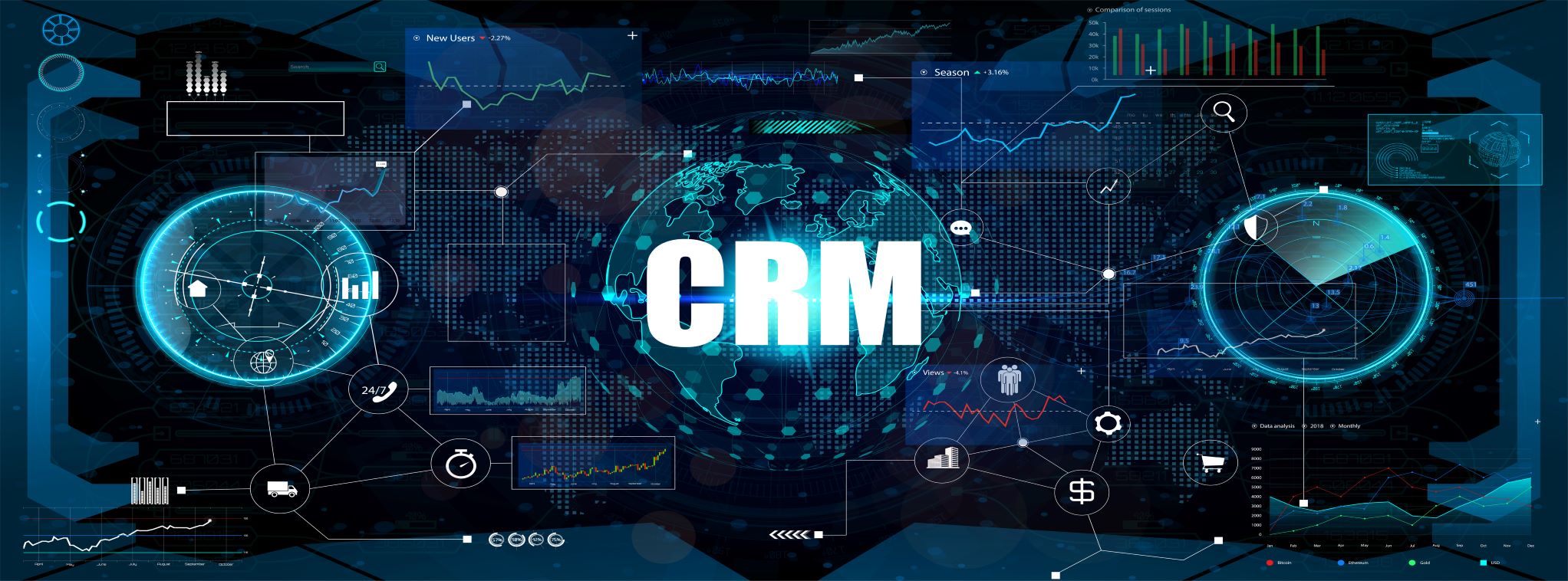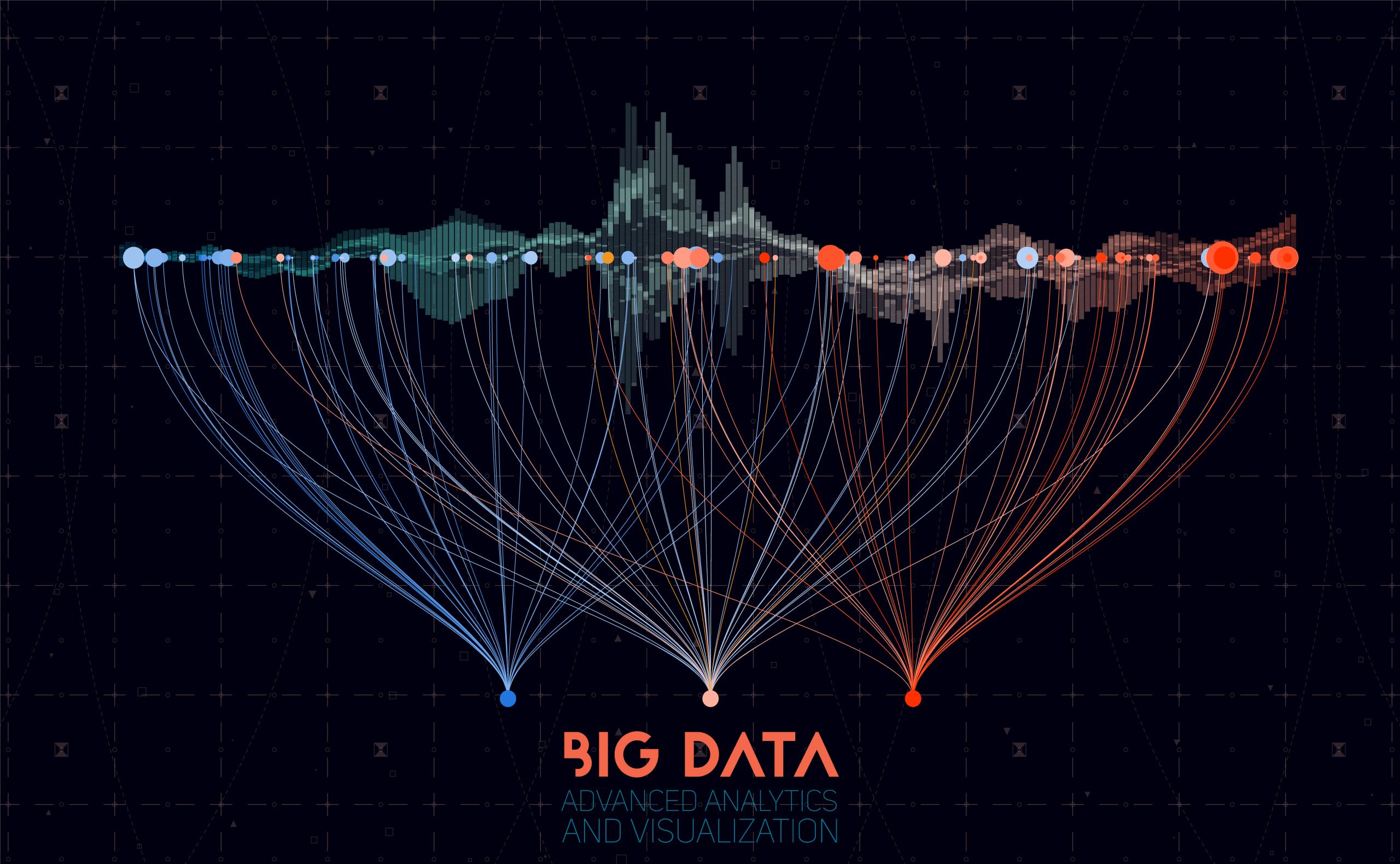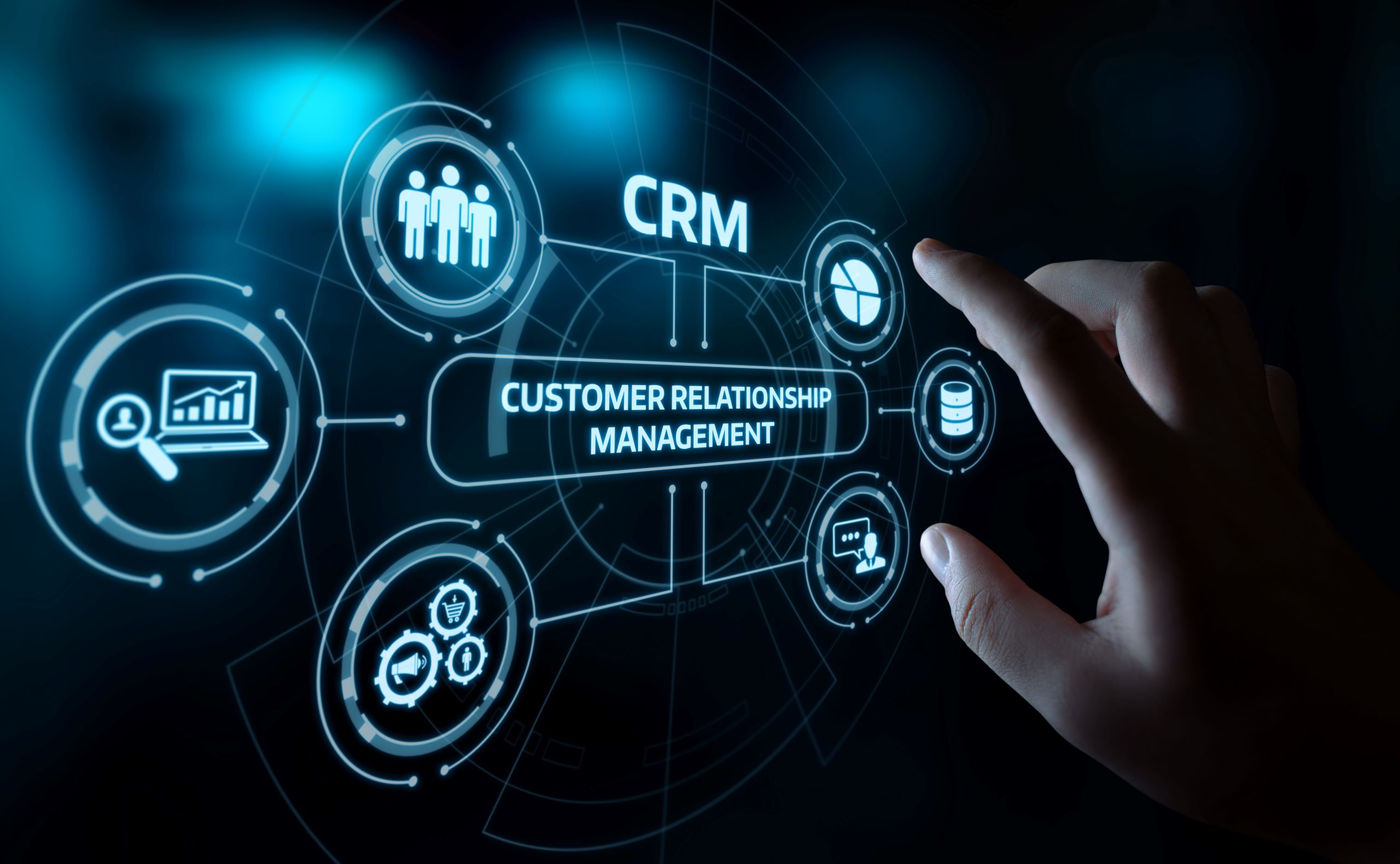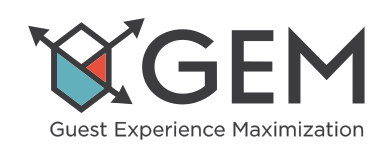CRM Solutions: How Well Do You Know Your Customer?

What’s In Your Software?
Do you hear the term CRM and feel uninformed? If you’re in business in 2022, you shouldn’t.
Customer Relationship Management (CRM) is a custom software solution built to create better relationships between businesses, partners, and end-users. It builds trust, loyalty and drives sales.
CRM has existed since the 1990s but has recently become a standard business category. It gives you a better understanding of your customers, vendors, and partners. Utilizing data science, you learn their lifecycles, trends, and needs through experience.

What’s In a Name?
As with business terms like B2C, customer-centric, outside the box, or value-added, CRM sounds more like a sleep aid than a solution. The name isn’t sexy, but look at the hottest business trends, and most connect to CRM in some fashion.
Gone are the days of using data from previous years for educated projections. Now, data streams include social media, supply chains, and health conditions in other nations. CRM increasingly focuses on customer support to drive sales and marketing.
Consumers express their needs and displeasures through channels across all platforms. It may prove challenging to determine what they want, and that’s where better relationships come in.

Connecting Breast Cancer Patients to Better Screenings
LMS client partner Hologic, Inc. is a medical technology innovator focused on women’s health. It needed to connect with doctors, medical facilities, and patients. Its breakthrough cancer screening devices were available throughout the U.S., but potential patients couldn’t easily find them.
Hologic needed to reach new market segments with new products and services. The LMS technology team built a cloud-based CRM database with a personal view of Hologic’s customers.
This was a vital improvement to Hologic’s business and a pivotal link to valuable, life-saving breast cancer screenings. The new CRM database created a personalized interaction with patients based on their conditions and needs. They can now opt-in for updates, begin a dialog with doctors, and discover new products.
Hologic now boasts an email list of more than 220,000 users. More importantly, breast cancer patients now know where to receive the most advanced cancer screenings in their area.

Giving Your Customers What They Want is Good Business
A CRM system is essential for making strategic decisions and choosing business partners. CRM provides more straightforward access to data for the team. It facilitates easier collaboration between departments and other businesses and opens doors to marketing opportunities.
Businesses have so much information built up over years of service and transactions. Yet, they often are not efficient at organizing and using data for their benefit. CRM tools provide simpler access to data and ease of use for the team.
Technology consulting firm Gartner points to the following criteria for choosing a CRM vendor:
- The Functionality of the application
- Usability
- Architecture and underlying technology
- The CRM vendor’s viability
- Services the vendor provides
- The total cost of ownership of the solution

Technology is Only As Good As the User
It’s one thing to have the technology, but employing it is another. CRM applications and processes are vast, often requiring additional consultants, vendors, and partners.
As with any technology, CRM requires maintenance and updates, and new uses and functions are always around the corner.
It isn’t easy to talk about business strategy in 2022 without mentioning customer relationship management. CRM systems are powerful tools and a breakthrough in knowing what the customer wants. They will be around in one form or another if they keep the customer coming back.



